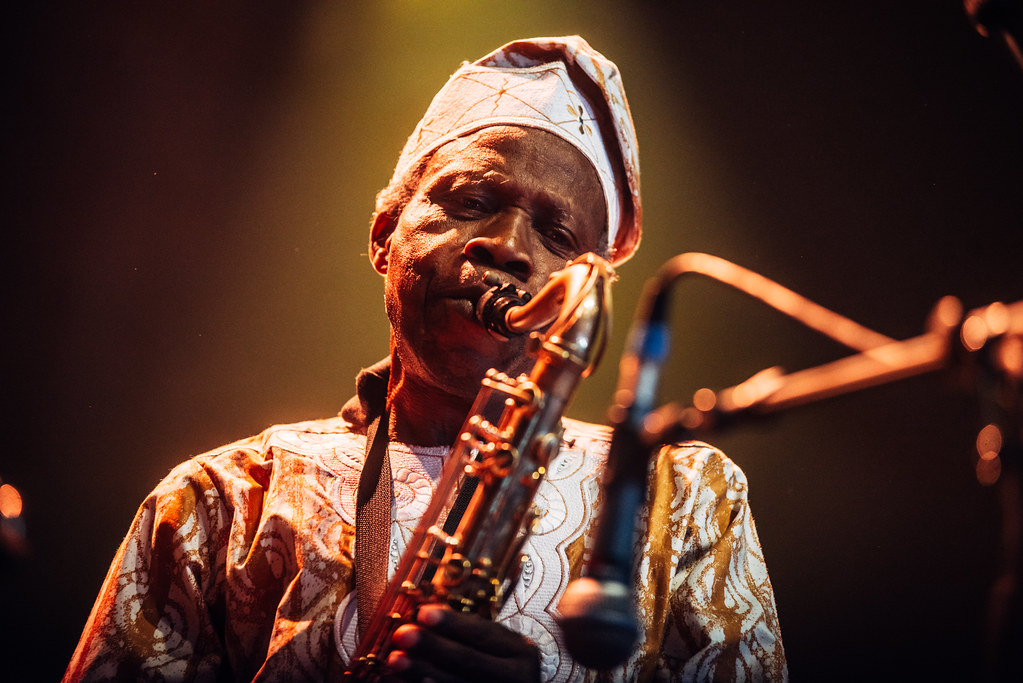Divorce documents in a court. Separation and alimony.
Rebecca is a woman in her late thirties. She holds her head high and walks with a sway in her steps. There is an air of confidence when she speaks. So when she tells me how her husband has been abusing her throughout their 17 years of marriage, I am taken aback.
“Every day is a new experience for me. I don’t know what version of husband I’ll meet; the one who will scold me for forgetting to lay out his clothes or the one who will hit me for putting too much salt in the soup,” she says while wiping tears.
17 years is almost two decades. I ask her why she has had to endure all that pain for a long time but she only shakes her head and does not answer.
Like Rebecca, hundreds of women experiencing domestic violence find it difficult to leave. For some, it is for reasons best known to them, for others, they simply do not know why or have the words.
Advertisement
People who have not experienced abuse find it unfathomable that survivors stay in their relationships and not leave. It seems almost like they enjoy it. But until an experience has been felt, it is easy to give directives on how to act.
For Ilavbare Goldfish Rahmatulai, it took six years to escape the suffocating grip of her abuser. “It was a traumatic experience,” she tells me. “I can tell you this for free; the same intensity used to abuse you is the same intensity used to beg. When he does this, pity begins to set in and you become confused on what to do.”
I ask Demilade Lawal, a psychologist from the University of Chester, in an interview, if there is a psychological reason behind this and she affirmed that “for a lot of women, it’s a glimmer of hope that things are going to get better.
Advertisement
“And that glimmer of hope can be understood when we are aware of the social cycle of abuse. There is a tension phase, an abuse phase and a honeymoon phase. In the honeymoon phase, the abuser temporarily changes his ways and alters the victim’s decision to leave. Then the tension starts and then abuse follows.”
Another reason women remain entangled with their abusers is the fear of the unknown, the unclear reality of what would be after leaving.
“The truth is, as much as this person abuses them, there is an emotional connection. They love this person, there is a traumatic attachment whether they are aware of it or not. It is not the best love environment but it doesn’t change the fact that this is how they feel about the person that abuses them. So the thought of starting afresh without this person whom they have grown to love despite the abuse is just as frightening,” Lawal said.
Although this may sound like an unjustifiable reason to some who have not walked this path, Rahmatulai agrees.
Advertisement
“In my case, I loved him very much. I could not imagine going to tell my family members or friends that the man I loved started hitting me as early as a month into our marriage. I was embarrassed. So I stayed back, hoping it would get better,” she said.
Research shows that one of the many reasons why women remain in abusive marriages is a lack of income which results in total financial dependency on the abuser. Could this be a strategy to trap the victim in an abusive cycle?
“While I was married, my husband would give me very little housekeeping money. He knew I did not have a job and the money would be insufficient but I could not say a word. I had to feed my children. If I complained I would get beaten. He provided for everything in the house, what authority did I have to question him,” Ms Rahmatulai says to me.
I ask Rebecca if she has a job and she says no. She mentions she’s an interior decorator but she barely gets offers. When she does, her husband collects everything.
Advertisement
A major factor in avoiding abusive marriages is to identify red flags. However, these flags are sometimes mistaken for natural behavioural traits. In Ms Rahmatulai’s case, she tells me she noticed her husband was quick-tempered and ill-mannered before marriage however she waved them aside as he had never hit her during courtship.
How then can abuse survivors find the courage to leave?
Advertisement
“The decision to leave is a process, it takes a shift in perspective – realising that you deserve better and that your kids deserve to grow in a healthy home where they don’t learn to be abusers or think it’s okay to be abused,” Lawal said.
Rahmatulai added: “When I pack my bags to leave, my husband would hit me. When I unpack, he would hit me. I started going to school to get a degree and then later I started trading. When I had what seemed like enough then (N80,000/ $192), I left my husband regardless of the worst that could happen. I realised if I stayed long enough, I would be dead.
Advertisement
“It’s been 20 years since I left. I’m 51 and a lawyer now. I have dedicated my life to helping women in abusive marriages leave. So many men have called me a home breaker but I say it’s better to break a home and save a life.”
Claire Mom is a Nigerian journalist and an advocate for human rights. You can reach her via [email protected] and on Twitter: speakclairely_
Advertisement
Add a comment






